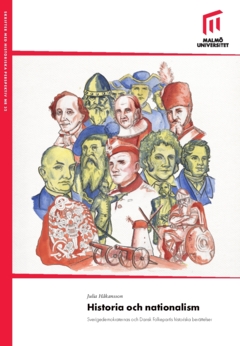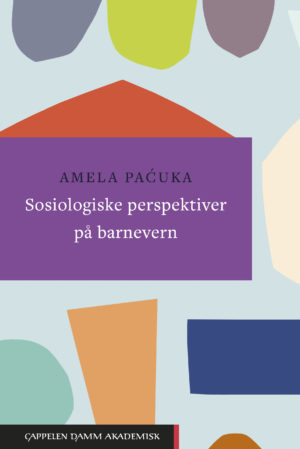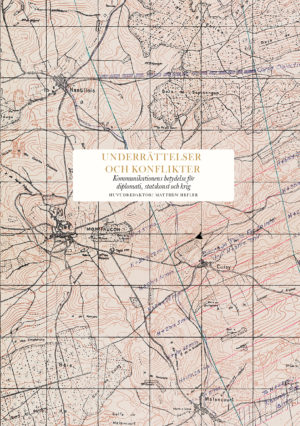This thesis studies the relationship between history and nationalism as expressed by the political parties the Sweden Democrats and the Danish People's Party. The study focuses on how the Sweden Democrats and the Danish People's Party convey historical narratives in their party magazines, SD-Kuriren and Dansk Folkeblad, respectively, and in central party documents. The narrative theory being implemented is based primarily on the ideas of Paul Ricœur, Jörn Rüsen and David Carr. More specifically, their ideas about how people use historical narratives to understand and make meaning of their existence. The importance of a story's content resonating with its recipients, that is being able to recognize and decode the intended meaning of the story, is discussed using nationalism theory and a history didactic framework, the latter with a focus on historical culture.
The results show that the historical narratives deployed by the Sweden Democrats and the Danish People’s Party exist at different levels. On the one hand, there are overarching stories that appear when the main narrative is put together. On the other hand, there are smaller narratives that are both part of and relate to the main narratives in different ways. Four main themes can be read in the historical narratives of the Sweden Democrats and the Danish People's Party. These motifs follow the chronology of the main narratives and form the basis of the disposition of the thesis. They consist, in turn, of origin stories, conquests and defeats, friends and enemies, and welfare stories.
The Sweden Democrats' and the Danish People's Party's approach to history is both legitimizing and purposeful. Based on a narrative grammar, guided by the nationalist core doctrine, interpretations of the past are filtered to become part of their meaning-making practices. In their historical narratives, key symbols of historical culture are used to point out the importance of acting in the present for the future. Through a set of narrative strategies, they use history to indicate what they believe is wrong in contemporary social development, and how this fault may be corrected.







